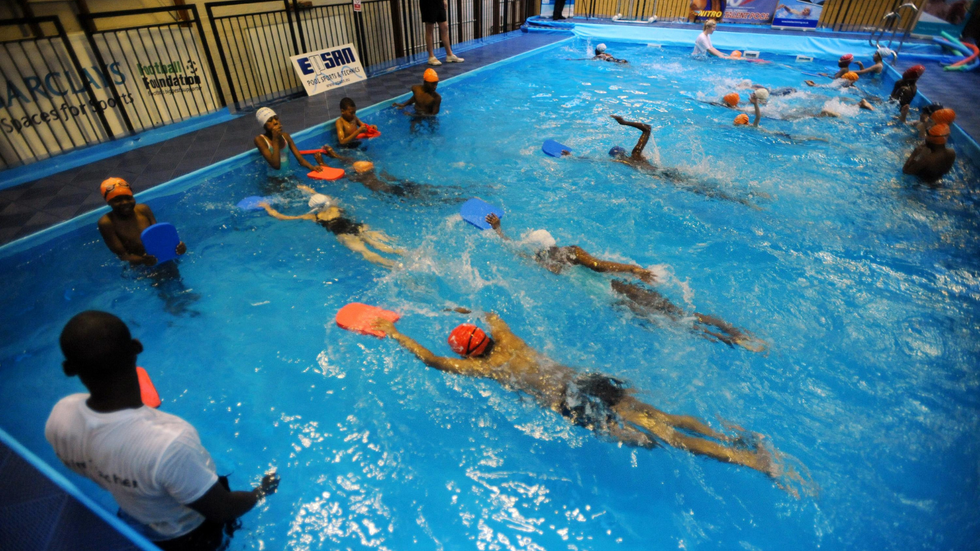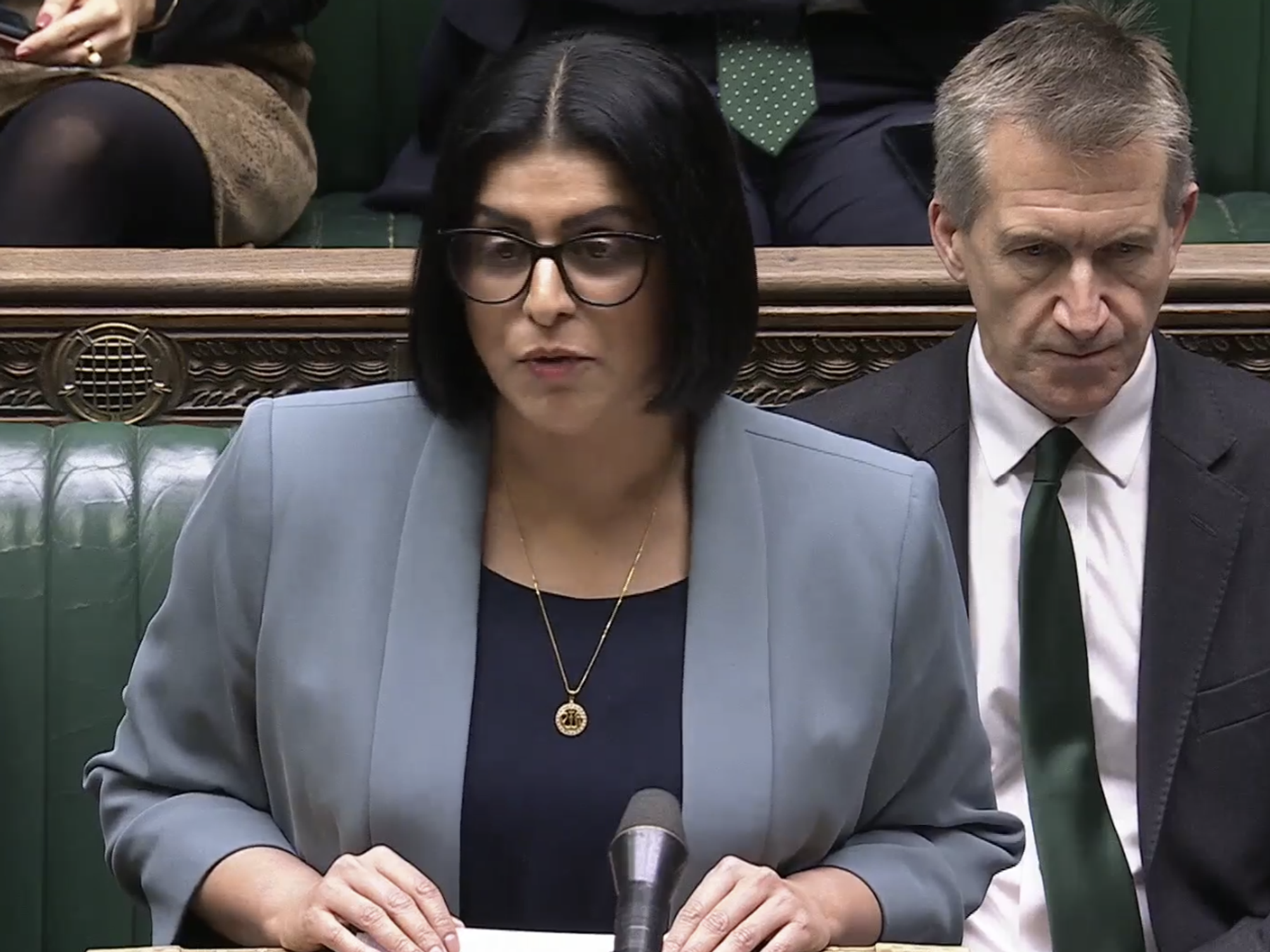Children 'at risk of drowning' because of swimming pool closures
Almost one third of children aged 11 to 12 cannot confidently swim 25 metres
Don't Miss
Most Read
Trending on GB News
Swimming pool closures over the past decade have left children "at risk of drowning", a union has warned.
According to the GMB Union, their research has supported a study which showed that 500 public swimming pools have closed since 2010.
Across the UK, the council-owned swimming pools have closed due to lack of available funding.
**ARE YOU READING THIS ON OUR APP? DOWNLOAD NOW FOR THE BEST GB NEWS EXPERIENCE**
GMB National Officer, Kevin Brandstatter, said: "The Conservatives' grim legacy of austerity has left brutal scars right across society.
"Local authorities being forced to close so many swimming pools is a particularly terrifying example.
"Learning to swim, splashing in a pool is a fundamental joy - two things being potentially now denied to thousands of youngsters.
"Taken to its extreme, it leaves young people at risk of drowning."

Swimming pool closures over the past decade have left children 'at risk of drowning', a union has warned
|PA
Mr Brandstatter added: "It's going to take years to repair the damage the Tories did, but Labour's fair funding review must start funding local authorities properly again."
Local government leaders, alongside those from the fitness and leisure sector urged the Government to increase the funds given to community assets, such as leisure centres, swimming pools and local gyms.
A coalition which included the Local Government Association, Chief Cultural and Leisure Officers Association, Community Leisure UK, Society of Local Authority Chief Executives and Senior Managers, Swim England, and ukactive said funding should be focused on facilities which are relied on by people to remain active and healthy.
It published a report which showed that 30 per cent of children in Year 7 cannot swim 25 metres confidently.
BRITAIN'S CHILDREN - MORE NEWS:
- Councils fail to protect children in care from gender ideology as local authority ties to Stonewall sparks 'deep concern'
- British children struggling in creaking systems in long tail of Covid legacy
- DWP alert: 1.6 million children impacted by Universal Credit benefit cap as 'cost of living pressures worsen'

A report has showed that 30 per cent of children in Year 7 cannot swim 25 metres confidently
|GETTY
This is up from 27 per cent in 2017/2018.
The 500 swimming pools which have closed since 2010 equate to more than 34,000 square metres of water space lost.
Some 60 per cent of the swimming pools are in need of refurbishment or beyond their expected lifespan, according to the coalition.
Chair of the Local Government Association's culture, tourism and sport board, Liz Green, said: "Local communities rely on sport and leisure facilities every day, whether it is swimming for the family or going to the gym.
"The benefits to both physical and mental health can be life-changing, yet without urgent investment we risk losing these altogether."
Experts are warning it is becoming increasingly important for people, especially children, to have easy access to fitness facilities amid a growing obesity crisis.
It is believed that the annual financial burden on the NHS of obesity-related care stands at £11billion, with one in three 10 to 11-year olds suffering from obesity.
Ms Green welcomed the Government's recent announcement of £400million of funding for grass roots sports facilities.
A spokesman for the Department of Culture, Media and Sport, said: "As part of our plan for change, we are absolutely committed to building a healthier nation and reducing pressure on our NHS.
"Having pledged £400million to support grassroots facilities, we are now working with the sport and leisure sector and local areas to understand what's needed to get people active in their community."
They added: "We will ensure that this funding promotes health, wellbeing and community chosen cohesion and helps to remove the barriers to physical activity for under-represented groups.
It is believed that the annual financial burden on the NHS of obesity-related care stands at £11billion.











